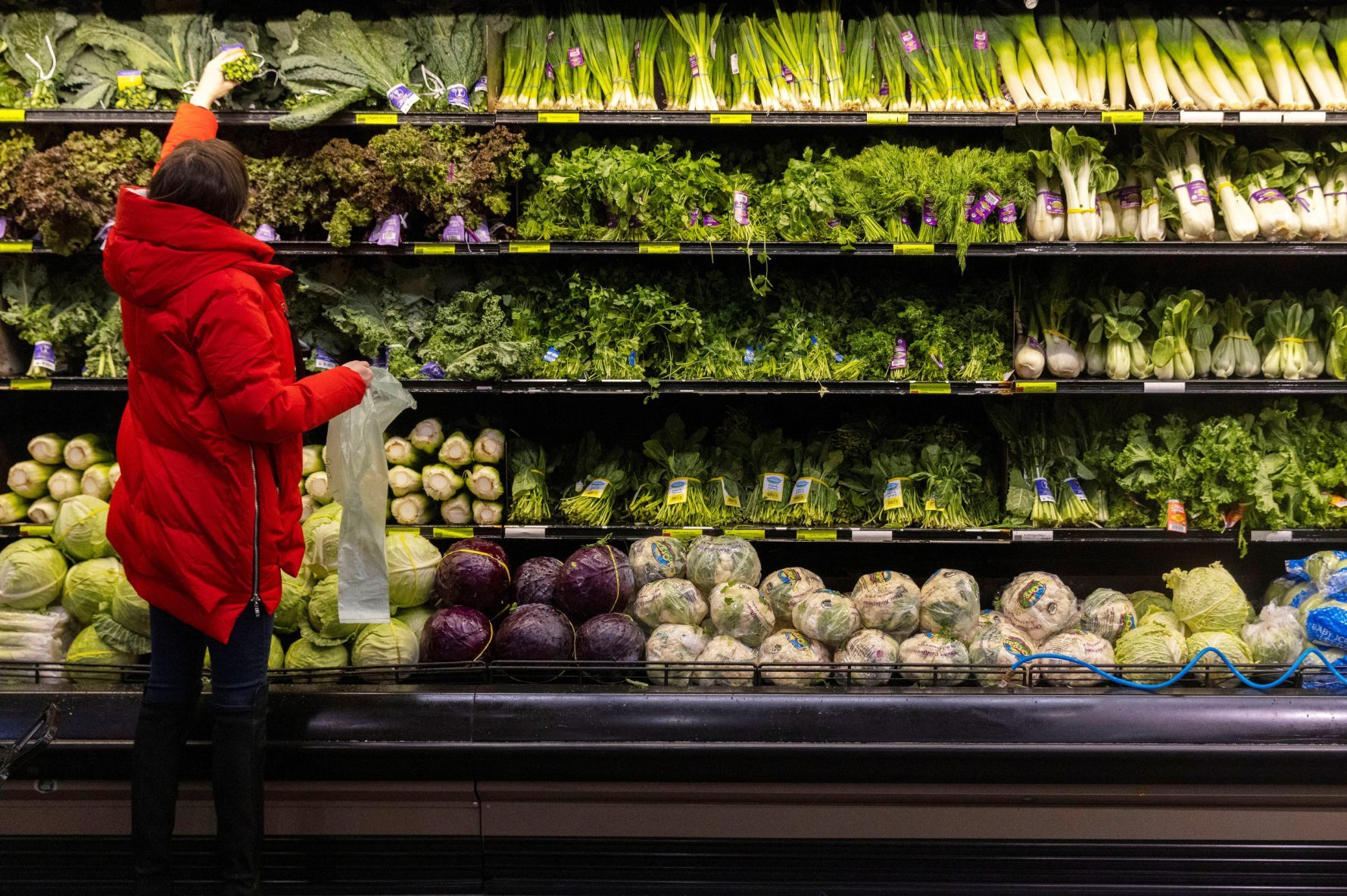
Bethany Roberts, FISM News
[elfsight_social_share_buttons id=”1″]
The United States Department of Agriculture (USDA) has updated the regulations on organic products in order to reduce fraudulent sales and labels on non-organic items.
The regulations will impact food producers and handlers and are some of the biggest changes to the industry in decades.
The new rules, to be fully implemented in 2024, will help the USDA and consumers determine what truly fits into the agency’s definition of “organic” and what is, according to the USDA, a scam. According to the agency, many of the products that are labeled as organic are not meeting the proper requirements, yet they are still being sold as such.
Products listed as “organically grown” are grown and processed with no synthetic fertilizers or pesticides. The practice of organic growing and processing has been a part of the United States agriculture sector since the late 1940s.
According to the USDA, certifiers are responsible for ensuring that organic products meet all the requirements and standards. To be certified organic, farmers must select a certifying agent, apply, have an on-site inspection, and then wait for the agent to review the application and the inspector’s report.
To maintain the certification, farmers or businesses must undergo an annual review and inspection. This is part of what the USDA is upping the ante on.
The update to the USDA organic regulations, or the Strengthening Organic Enforcement (SOE) final rule, will enhance the oversight and enforcement of organic production, handling, and sale.
The SOE final rule will protect organic integrity, the USDA says, by supporting strong control systems, “improving farm-to-market traceability, increasing import oversight authority, and providing robust enforcement of the organic regulations.”
The USDA National Organic Program’s press release highlights these updates to its organic regulations:
- Requiring certification of more of the businesses, like brokers and traders, at critical links in organic supply chains.
- Requiring NOP Import Certificates for all organic imports.
- Requiring organic identification on nonretail containers.
- Increasing authority for more rigorous on-site inspections of certified operations.
- Requiring uniform qualification and training standards for organic inspectors and certifying agent personnel.
- Requires additional and more frequent reporting of data on certified operations.
- Creates authority for more robust recordkeeping, traceability practices, and fraud prevention procedures.
Organic food sales rose to $57.5 billion in 2021, and according to Food Drive, that is more than double what they were a decade ago. This may be due to higher prices, as well as fraudulent organic products, thus encouraging these stricter practices.
FRAUDULENT GRAIN AND OILSEEDS
The federal government conducted investigations into the organic sector and the results show that fraudulent sales of non-organic grains and oilseeds as organic can lead to tens of millions of dollars of sales in just a few months. These crops may then be used as feed to produce organic meat or even eggs.
Earlier this month, the U.S. Department of Justice (DOJ) charged a multinational corporation and several individuals with a multimillion-dollar organic grain fraud scheme.
“The indictment alleges that between November 2015 and May 2017, the defendants operated a scheme where [the defendants] would purchase non-organic soybeans and corn from Eastern Europe before having it shipped to the United States as ‘organic,’” the press release says. “This scheme allowed the defendants to charge the higher prices associated with organic grains. Organic grains often cost as much as 50% more than conventional (i.e. non-organic) grains.”
These stronger regulations will fight this type of fraud and protect American farmers and businesses who have gone through the certification, according to the USDA.
“Protecting and growing the organic sector and the trusted USDA organic seal is a key part of the USDA Food Systems Transformation initiative,” said Under Secretary for Marketing and Regulatory Programs Jenny Lester Moffitt. “The Strengthening Organic Enforcement rule is the biggest update to the organic regulations since the original Act in 1990, providing a significant increase in oversight and enforcement authority to reinforce the trust of consumers, farmers, and those transitioning to organic production.”
